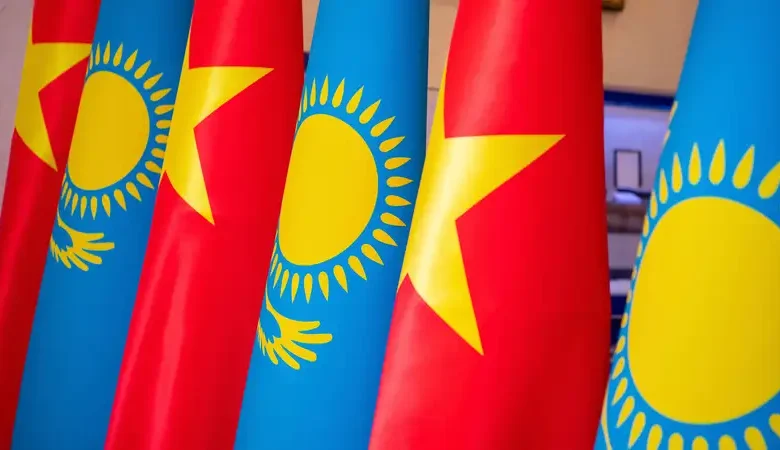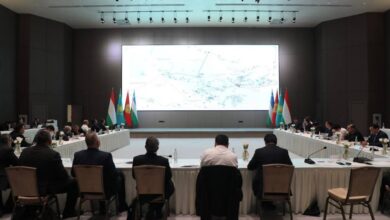Kazakhstan and Vietnam Sign Treaty for Transfer of Convicted Persons
The Senate of Kazakhstan has ratified a new treaty with Vietnam, aimed at facilitating the transfer of convicted persons between the two countries.

This agreement, which now awaits the President’s signature, was confirmed during a plenary session of the Senate, marking an important step toward stronger legal cooperation and enabling convicted citizens to serve their sentences in their home countries.
Senator Nauryzbay Baikadamov highlighted the treaty’s purpose, explaining that it intends to support the reintegration of convicted individuals into society and streamline their return to their home states to serve remaining sentences. “The treaty clearly outlines the conditions for a transfer, requiring voluntary and informed consent from the convicted person or a legal representative,” Baikadamov noted, adding that all legal consequences are thoroughly communicated to the convict before proceeding.
The agreement stipulates that a convicted individual must:
- Be a citizen of one of the two nations;
- Be convicted of an act recognized as a crime in both countries;
- Have a sentence already in legal force, with at least one year remaining to be served;
- Be free of any other criminal proceedings in the transferring country;
- Give written consent, either personally or through a legal representative if incapacitated.
Additionally, the treaty includes grounds for denial of transfer requests, such as national security concerns or ongoing civil or administrative cases. Both Kazakhstan and Vietnam retain the discretion to make independent decisions on each case, and all decisions must be well-justified.
Baikadamov underscored that ratifying this treaty would enhance the effectiveness of legal collaboration, strengthen bilateral relations, and have no negative socio-economic impact or financial burden on the state. As a final note, he pointed out growing Kazakhstani interest in Vietnam, with visitors increasing from 1,000 in 2020 to over 106,000 this year—a trend that further underscores the treaty’s relevance.



